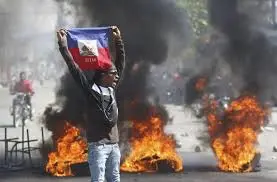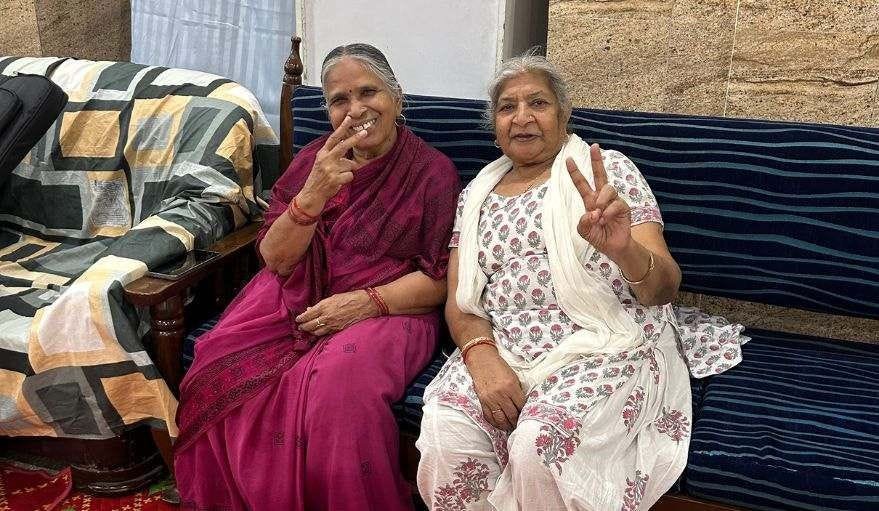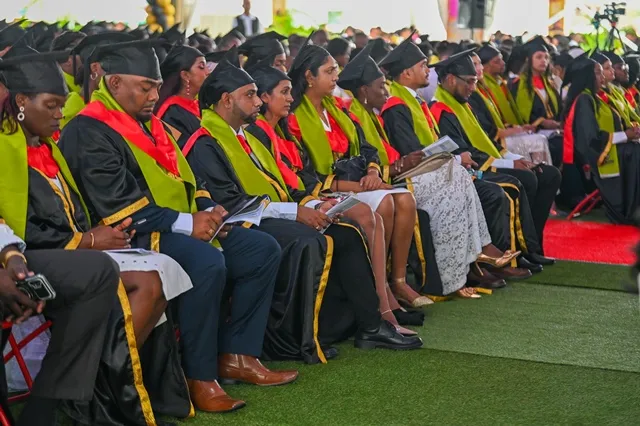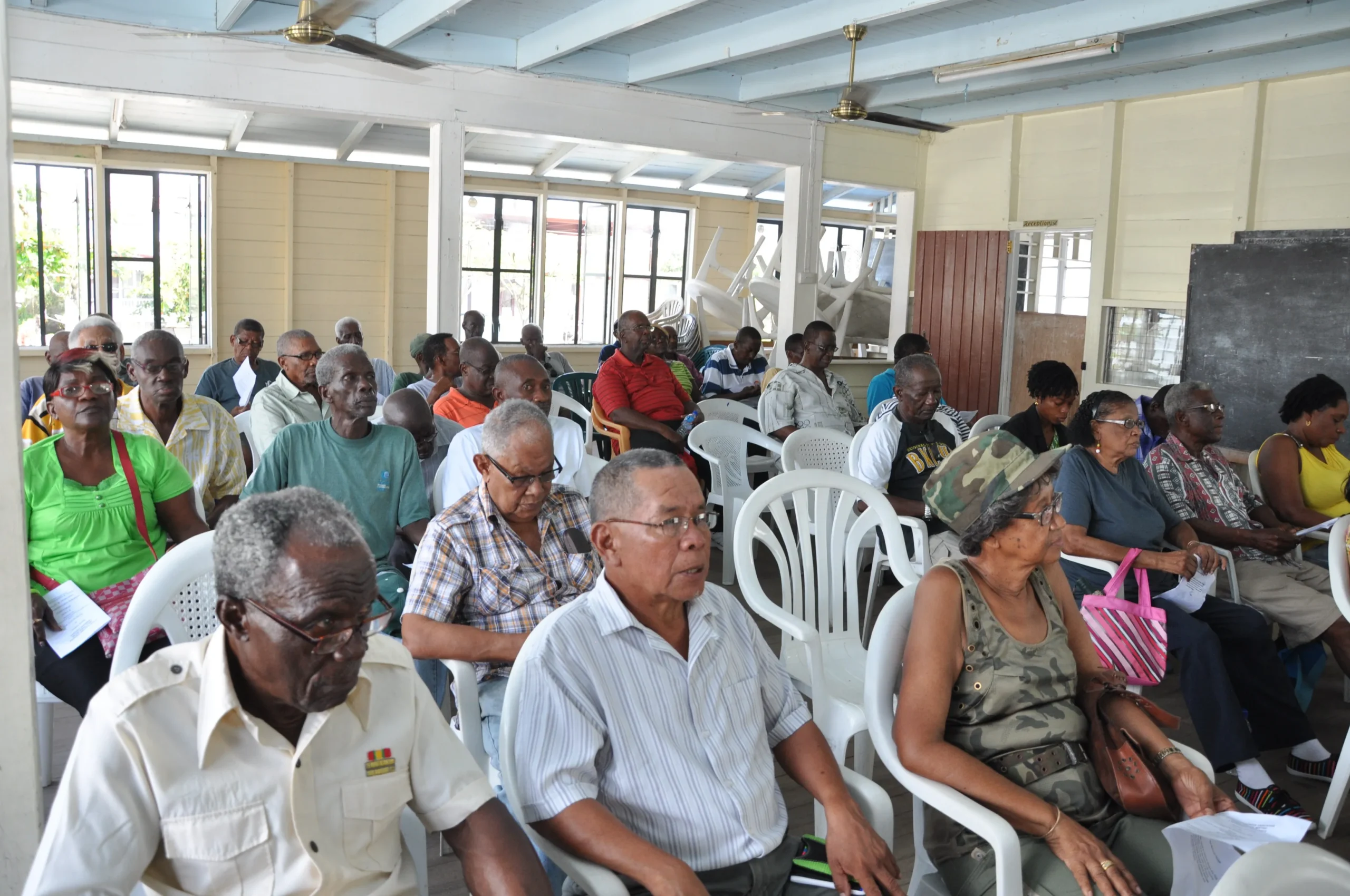The fallout from last week’s violent protests in Guyana is reverberating across the Caribbean. According to Attorney General Anil Nandlall, several CARICOM states are interested in adopting Guyana’s approach of labelling and charging violent civil unrest as acts of terrorism. In the wake of the Adrianna Younge unrest – where dozens of rioters who burned property and looted were hit with terrorism charges – regional justice officials have been conferring on the legal rationale used by Guyanese authorities.
Nandlall, speaking at a press briefing on May 8, said CARICOM’s Council of Ministers responsible for security held informal talks on the issue. “There is a view that the events we saw in Guyana – wanton destruction, intimidation of the public – can indeed be treated under anti-terrorism laws,” he noted. Guyana’s Criminal Law Act was amended in 2002 to broaden the definition of terrorism, and the government here did not hesitate to invoke it after the riots, contending that the perpetrators aimed to spread fear and destabilize society. Now other countries in the region grappling with gang riots or political violence might follow suit in charging such offenses as terrorism, Nandlall indicated.
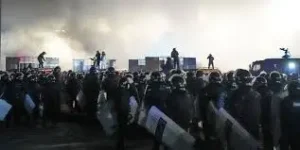
This potential shift is not without controversy. Human rights advocates caution that applying “terrorism” charges domestically could be seen as heavy-handed and risk infringing on civil liberties if misused. But supporters argue it acts as a strong deterrent; in Guyana’s case, the prospect of harsh penalties under anti-terror laws (which carry up to life imprisonment) may have helped quell further mayhem. Trinidad and Tobago’s Attorney General, for one, reportedly expressed interest in Guyana’s legal strategy to address violent protests that threaten public safety. Haiti and Jamaica – which have faced politically driven unrest – are also paying attention.
Within Guyana, the government has defended its approach as proportionate. Officials point out that those charged last week didn’t engage in peaceful protest but in organized arson and looting sprees that endangered lives. “This was not civil disobedience or a normal protest – it was domestic terrorism, plain and simple,” a security source said, echoing language the administration has used. The Ethnic Relations Commission similarly condemned the violence, noting that what started as a legitimate call for justice was “hijacked by extremists”, causing terror in multi-ethnic villages.
CARICOM’s consideration of the issue shows how Guyana’s handling of the crisis – under a PPP/C government that leaned on law-and-order tactics – is setting a possible precedent regionally. Nandlall hinted that a more formal discussion may take place at the next CARICOM Heads of Government meeting, as member states grapple with balancing the right to protest against the need to prevent chaos. For now, Guyana’s bold stance has sparked a debate in the Caribbean: when does violent unrest cross the line into terrorism, and how should democracies respond?
